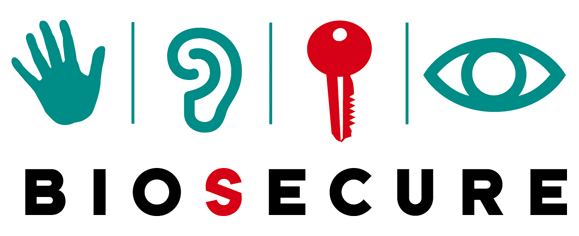Medications
Ironically chemicals added to a pond intended to bring about a cure for health problems are very invasive to fish in the first place, as chemicals increase stress levels in fish. If in doubt we would advise you to seek veterinary or Koi specialist advice.
Some chemicals can radically reduce the level of protective mucous coating on fish. Organic die-back can increase, altering pH values, etc. All chemicals do have a detrimental effect on the beneficial strains of bacteria needed in the pond/filter. The level of damage done to the enclosed ecosystem is hard to quantify precisely for any given chemical.
Anti-bacterial treatments are exactly that, they lower ALL bacterial levels with no discrimination, all bacteria good and bad will be affected.
After any chemical is added to the pond, water quality needs to recover and as in most cases, pollutant levels can increase.
After any pond-wide treatment, plan additional water quality monitoring. Re-boosting the filter and pond with nitrifying bacteria is very beneficial. Stopping feeding while medicating will at least reduce some of the pollutants that the “overworked” filter system has to deal with.
It is critical when adding any medication that the volume of water to be treated is known. Too much chemical can be fatal, conversely too little can be ineffective. Accurate measuring of dose rates again is just as important.
When preparing to add chemicals, pre-mix the measured quantity into a large bucket of pond water and add a quarter of the mix to the pond, waiting 30 minutes before repeating this same procedure. During this period you can monitor the fish for any adverse effects, before deciding whether or not to continue. Because of the potential for some chemicals to lower oxygen in water, never switch off any aeration, increase it if possible. Never add chemicals at night, when dissolved oxygen levels are at their lowest.
When applying the chemical solution, sprinkle or disperse the chemical evenly around the pond.
Selecting the correct chemical is probably the hardest part of treating any pond! The odd “flick or flash” means you should not be rushing for the medications. Water quality parameters Ammonia, Nitrite, swings in pH, can lead to irrational action by fish keepers!
Reach for the test kits first. Test the water first before using chemicals.
Identification of parasitic infestation is almost impossible without microscopic examination. Remember a pond-wide problem like parasitic outbreak is best treated with a pond-wide medication, however to treat a whole pond of healthy happy fish bar one or two with ulcers/fungus, is seldom effective, and may be best treated by single bathing or topical treatments.




